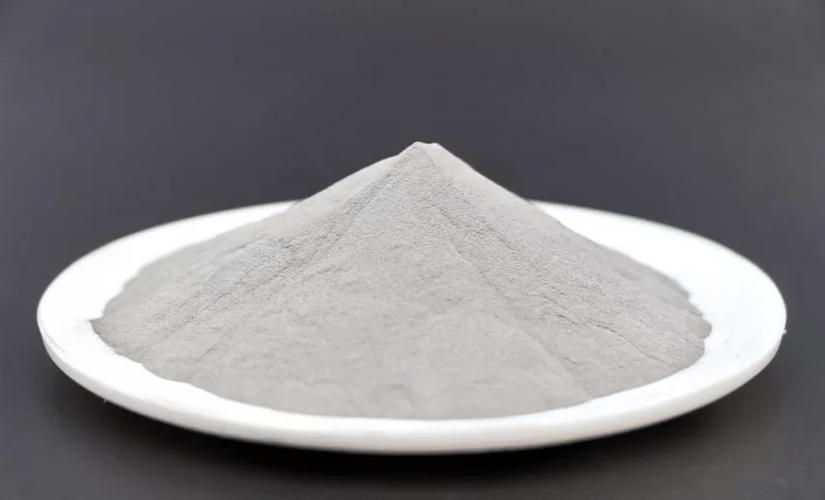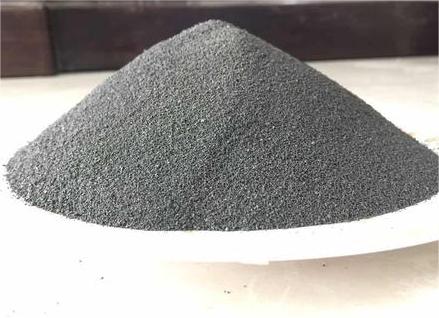# The Power of HPMC in Pharmaceutical Production: A Comprehensive Guide
(use of hpmc in pharmaceuticals)
Pharmaceutical production involves the use of various chemicals and equipment to manufacture high-quality drugs and medical devices. In recent years, the emergence of-hpmc (high-performance macromolecular chemistry)-has revolutionized pharmaceutical production, enabling companies to produce more precise, efficient, and cost-effective drugs.
## Understanding HPMC Technology
HPMC is a form of microorganism that has been developed through the use of advanced chemical techniques, such as DNA engineering, polymerase chain reaction (PCR), and biotography. These techniques enable researchers to modify and synthesize small molecules and large polymers at an unprecedented scale, leading to the development of novel therapeutic agents and diagnostics.
HPMC-based technologies have shown significant promise in improving drug efficacy, reducing side effects, and increasing productivity in the pharmaceutical industry. For example, they can be used to synthesize drugs with improved bioavailability, stability, and resistance to proteases and bacterial enzymes, leading to longer-lasting treatment outcomes.
## Applications of HPMC Technology in Pharmaceutical Production
HPMC technology has found applications in a wide range of pharmaceutical products, including vaccines, antibiotics, anti-inflammatory drugs, cardiovascular medications, and pain management therapies. These products require highly customized synthesis strategies, which can only be achieved through the use of HPMC-based technologies.
One of the key benefits of using HPMC technology in pharmaceutical production is its ability to produce complex biological compounds with precision and efficiency. This allows for the development of new and innovative treatments that can address unmet medical needs and improve patient outcomes.
Another advantage of using HPMC technology is its potential to reduce the cost of production. By streamlining the synthesis process and minimizing waste, HPMC-based technologies can lead to lower production costs while maintaining high quality standards.
## Future Developments in HPMC Technology in Pharmaceutical Production
The future of HPMC technology in pharmaceutical production looks promising, with ongoing research focused on optimizing the technology’s performance and expanding its applications. Some of the key areas of focus include:
1. Advanced polymerization techniques: Researchers are exploring the use of advanced polymerization techniques, such as reverse-phase microcolumn chromatography (RP-CC) and mass spectrometry (MS), to develop new and more efficient synthesis pathways.
2. Genetic engineering and synthetic biology: The use of genetic engineering and synthetic biology techniques will continue to play a critical role in the development of new pharmaceutical compounds. This includes the design of new drug candidates and the optimization of existing drug molecules.
3. Artificial intelligence and machine learning: The integration of artificial intelligence (AI) and machine learning algorithms into HPMC technology will enable better control over drug synthesis processes, leading to higher yield and reduced variability.
(use of hpmc in pharmaceuticals)
In conclusion, HPMC technology is a powerful tool in pharmaceutical production that has the potential to revolutionize drug discovery and development. As researchers continue to explore new ways to optimize HPMC technology and expand its applications, we can expect to see continued advancements in this field, leading to even more effective and affordable treatments for patients worldwide.
Inquiry us
if you want to want to know more, please feel free to contact us. (nanotrun@yahoo.com)

